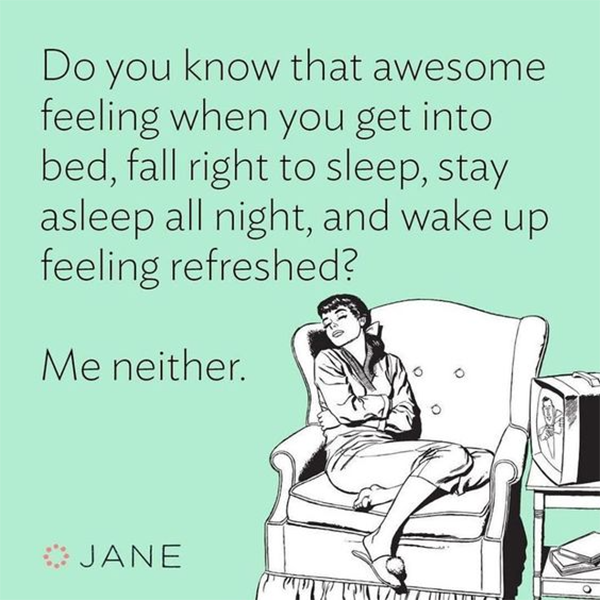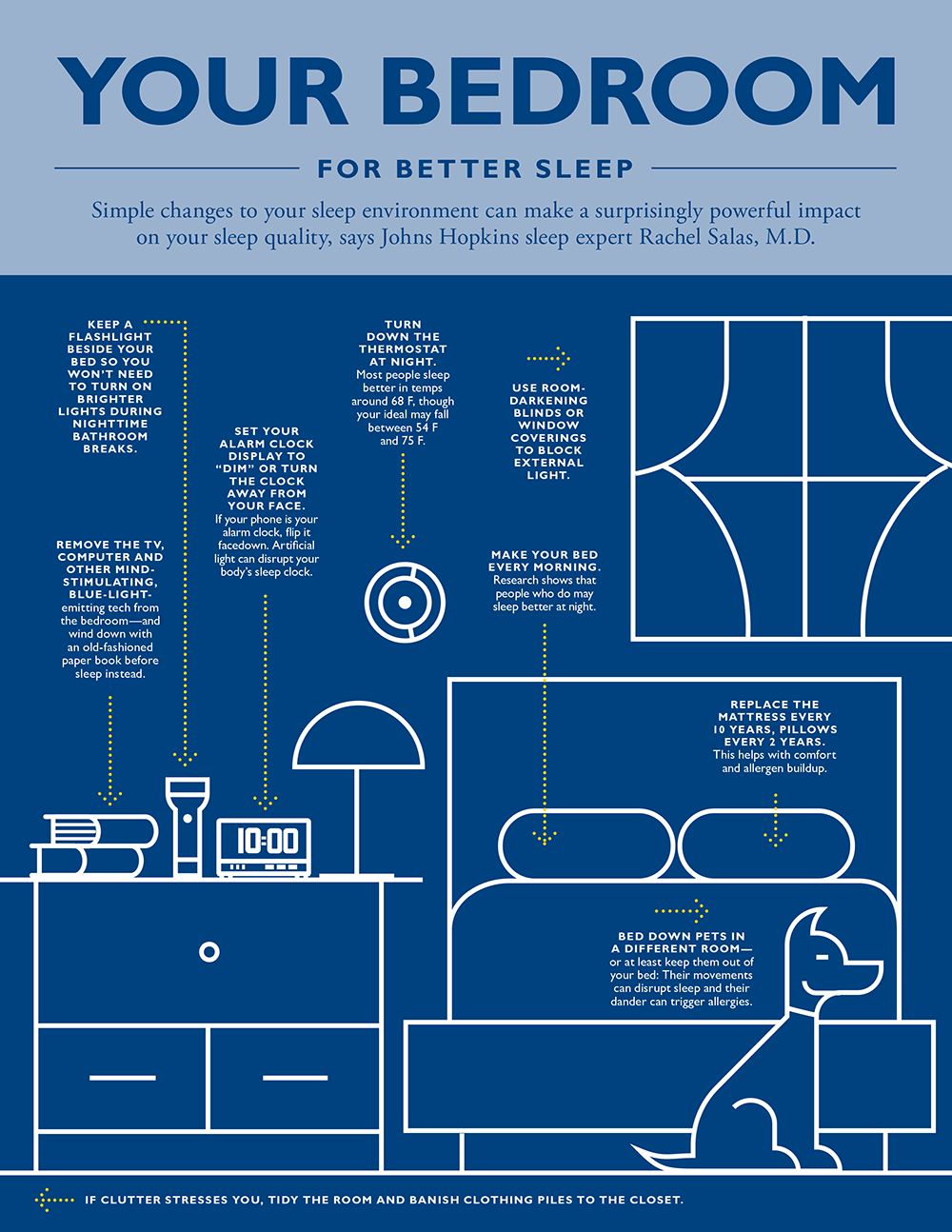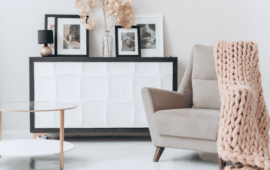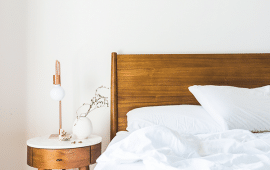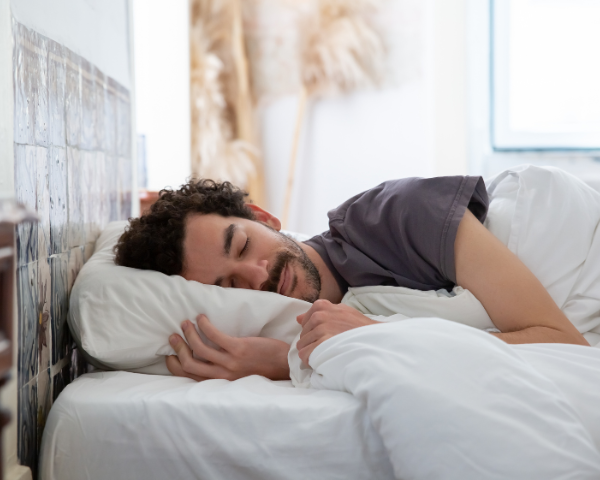
Struggling to catch some z’s? Many factors might cause this to be challenging such as stress, poor sleep habits, medical conditions, lifestyle choices, and environmental factors.
In this blog, we’ll talk about the environmental factor — a.k.a. your bedroom. Transforming your bedroom into a haven of comfort is essential for better sleep according to science. There are simple things you can tweak and the folks at Johns Hopkins created this helpful guide:
- Remove the TV, computer and other mind-stimulating blue light. Emit tech from the bedroom and wind down with an old-fashioned paper book before sleep instead.
- Keep a flashlight beside your bed so you won’t need to turn on brighter lights during nighttime bathroom breaks.
- Set your alarm clock display to “dim” or turn the clock away from your face. If your phone is your alarm clock, flip it facedown. Artificial light can disrupt your body’s sleep clock.
- Turn down the thermostat at night. Most people sleep better in temps around 68 F, though your ideal may fall between 54 F and 75 F.
- Use room darkening blinds or window coverings to block external light.
- Make your bed every morning. Research shows that people who do may sleep better at night.
- Replace the mattress every 10 years, pillows every 2 years. This helps with comfort and allergen buildup.
- Bed down pets in a different room — or at least keep them out of your bed. Their movements can disrupt sleep and their dander can trigger allergies.
- If clutter stresses you, tidy the room and banish clothing piles to the closet.
Any bedtime rituals you have that are unique to you or not included in the list above? Share with us in the comments!
Source: https://www.hopkinsmedicine.org/health/wellness-and-prevention/your-bedroom-for-better-sleep

